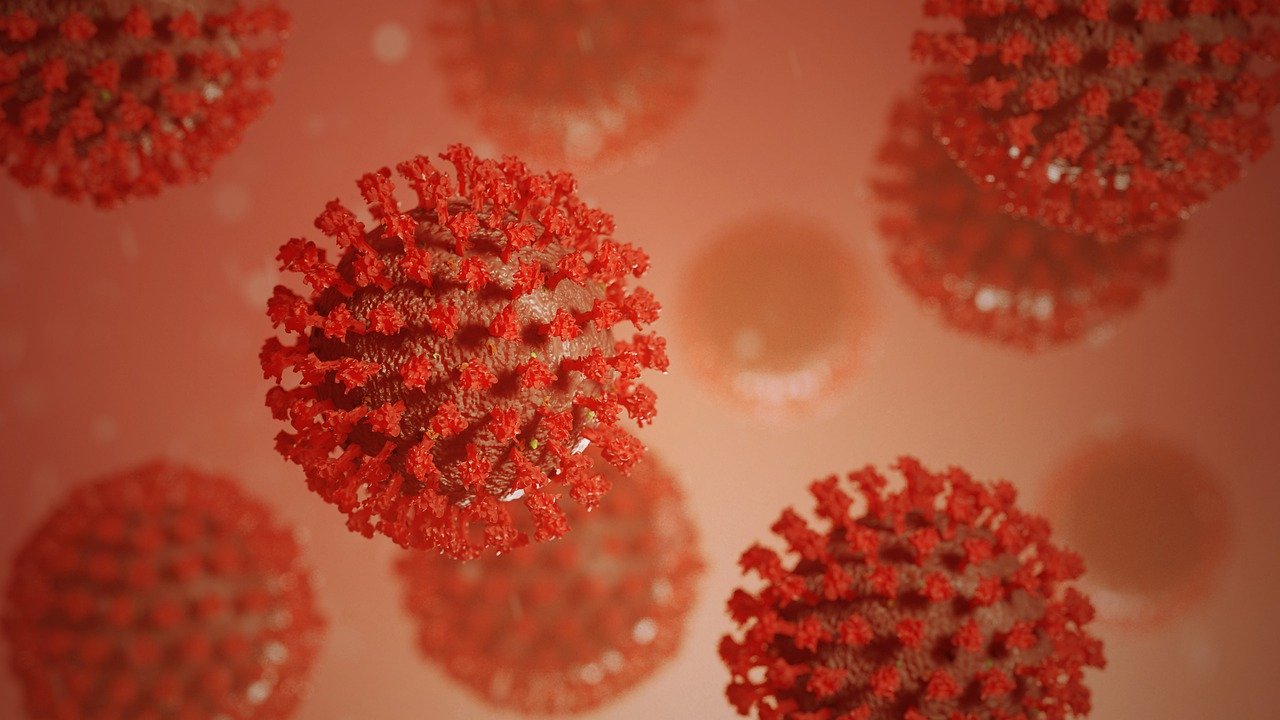Some bus drivers are struggling with anxiety before they go on shift because of the coronavirus outbreak and the deaths of 23 of their colleagues from the illness.
A bus worker who wanted to remain anonymous said some are “frightened to death of catching the virus”.
He said: “You have it on your mind during the drive. I am shocked at how bus drivers have managed as they have anxiety about going to work.”
According to the latest figures from Transport for London, 23 bus drivers and crew have died from coronavirus.
Bus travel is currently free and anyone who is not a key worker is urged to stay away.
The worker said he welcomed the enhanced sick pay for bus staff who are suffering from Covid-19 symptoms, or self-isolating, so they don’t go to work because of money worries – but hoped it would remain after the pandemic ends.
It comes as Transport for London announced it will furlough 7,000 transport workers – a quarter of its workforce.
It has seen a 95% drop in passengers due to the pandemic – with an 85% reduction on buses.
And overall it has seen a 90% drop in daily revenue.
London Mayor Sadiq Khan warned that TfL is running out of cash and could struggle to pay wages unless the government steps in. It is also eating into its reserves.
Last year it earned £4.9bn from fares- just under half its income.
Transport union Unite – which represents 20,000 bus workers in the capital – said the move to furlough staff should prompt the government to provide a cash injection.
Unite regional officer for TfL, Simon McCartney, said: “Unite, and the other transport unions, have been in regular dialogue with TfL management and the mayor and we are pleased that those 7,000 staff, who will be furloughed, will receive 100% of pay, including pension contributions.”
He added that the union will continue to lobby for drivers working with the capital’s private bus companies to also get 100 per cent of their wages.
NOW LISTEN: City Natters #4 Catherine McGuinness on the City’s role in pandemic
“Unite will continue to make strong representations to the mayor’s office that those workers employed by private bus companies on the frontline and who have suffered the greatest death toll due to the virus, should also have their wages topped up, if furloughed.
“These are among the most vulnerable groups and it would not constitute a large number as most drivers continue to work.”
The union had called for passengers to use the middle doors, rather than front doors near the driver – which TfL eventually brought in on 20 April. There are also clear protective screens to protect drivers.
It also wanted rules to make passengers cover their faces whilst on public transport, a London-wide inspection regime for cleaning at all garages and limits on the number of passengers boarding at any one time.
Claire Mann, TfL’s director of bus operations, said: “The safety of London’s bus drivers, who are all helping other critical workers tackle coronavirus, is our absolute priority. We have already delivered enhanced cleaning of all buses, improved social distancing for drivers and have made their cabs better protected.
“We are also protecting staff in welfare facilities with regular cleaning using hospital-grade antiviral fluid and fewer tables and chairs in rest areas to ensure social distancing, as well as providing enhanced sick pay so that people don’t attempt to work when unwell.”
She said that scientific experts said Personal Protective Equipment like face masks is not needed in “non-care settings” and could be counter productive but Mr Khan has asked the team to look into the availability of kit if the advice changes.
Mr Khan has called for people to wear masks when they can’t avoid social distancing to prevent spreading the virus.
He said: “On those occasions where you can’t keep your social distance, on public transport or going to the shop, wearing a non-medical facial covering will minimise the chances of you giving someone the virus.”
Other steps taken by TfL include “extensive daily” cleaning, including the ‘touch points’ on buses. Steering wheels , poles, doors and handles are treated with antiviral cleaner nightly after the regular cleaning is completed. Bus garages and rest rooms are similarly treated daily.
TfL said there is also social distancing at depots, and the number of tables and chairs were reduced to force social distancing, with extra buses parked at bus garages and stations as staff rest areas.
For the latest headlines from the City of London and beyond, follow City Matters on Twitter, Instagram and LinkedIn.








